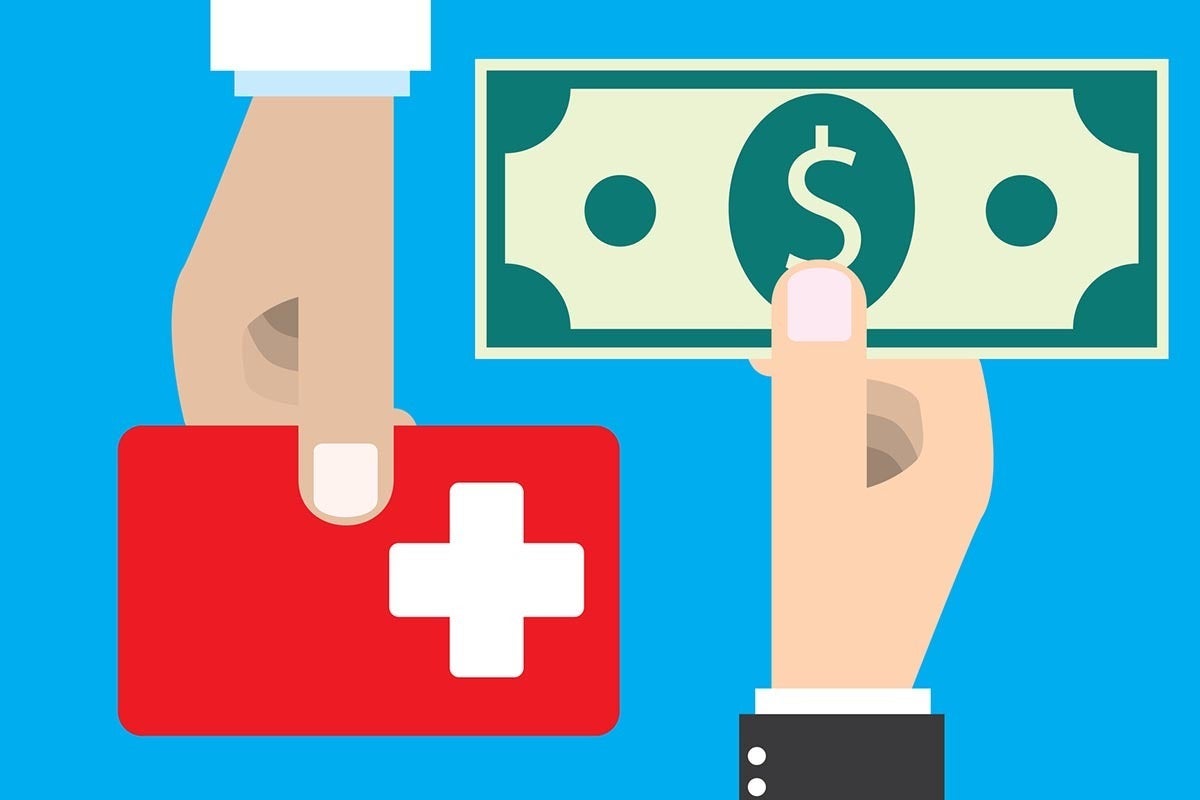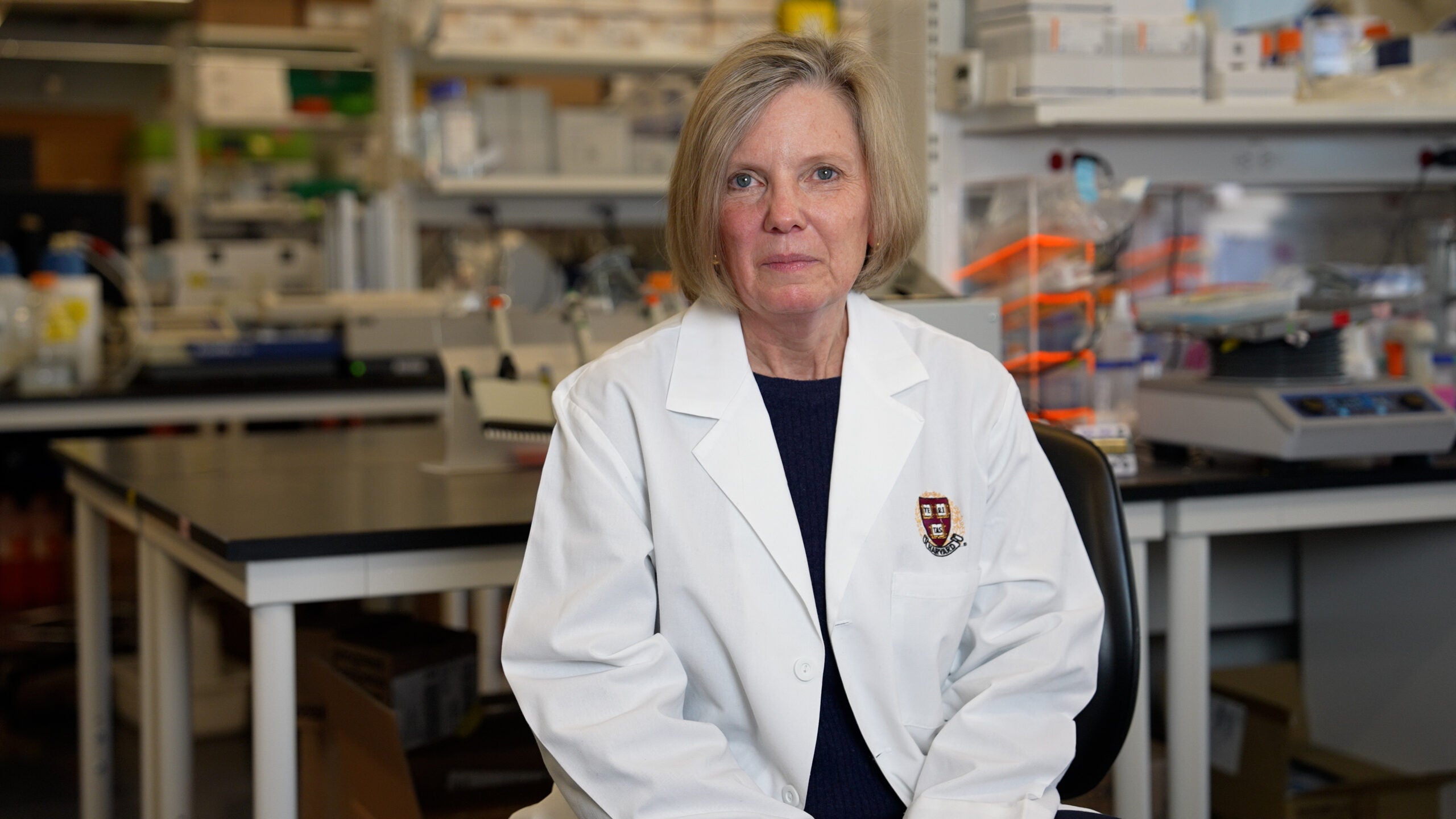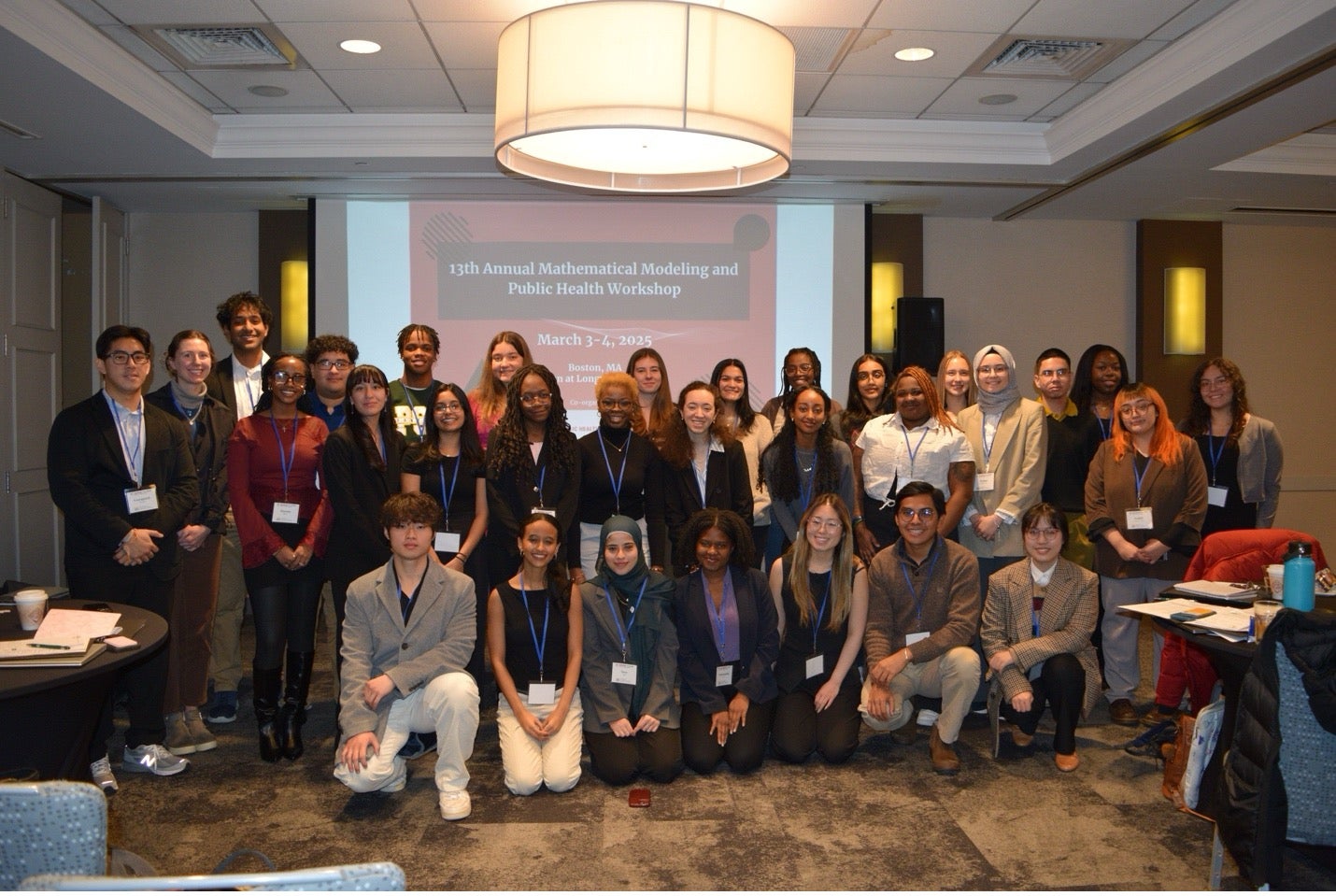Survey: Seriously ill Medicare beneficiaries can face considerable financial hardship

For immediate release: Monday, November 4, 2019
Boston, MA – Despite high beneficiary satisfaction with Medicare overall, a new national survey led by researchers from Harvard T.H. Chan School of Public Health, Harvard Business School, and colleagues finds that its coverage gaps may cause considerable financial distress for the most seriously ill patients. About half reported a significant problem paying medical bills, with prescription drugs posing the most hardship.
This paper is part of a larger study conducted by Harvard T.H. Chan School of Public Health, the New York Times, and the Commonwealth Fund. It will be published today in the November issue of Health Affairs.
“What stands out here are the extensive financial problems many seriously ill Medicare beneficiaries face paying for their prescription drugs today,” said principal investigator and co-author Robert Blendon, Richard L. Menschel Professor of Public Health and Professor of Health Policy and Political Analysis at Harvard Chan School and director of the Harvard Opinion Research Program.
The researchers analyzed survey data collected by phone between July 6–August 18, 2018. The sample included 742 Medicare beneficiaries defined as seriously ill, meaning they had illnesses requiring recent hospitalizations or multiple physician visits.
Among the respondents, 53% reported having a serious problem paying a medical bill of any kind, with 30% reporting difficulty paying for prescription drugs, followed by hospital bills (25%). Beneficiaries also reported experiencing financial hardships due to the costs of their illness, including using up all or most of their savings (36%) and being unable to pay for necessities such as food, heat, and housing (23%). Emotional or psychological distress was reported by 45% of respondents.
The authors write that while Medicare is perceived to offer good financial protection compared with commercial insurance, the extent of financial strain among seriously ill beneficiaries was notable and warrants further investigation. They note that while high-need, high-cost patients are associated with acute and end-of-life care, the majority of beneficiaries in this survey sample were living at home, relying on informal help from family and friends—at considerable cost to themselves and their caretakers.
“In addition to financial strain, the survey indicates potential opportunities to improve care delivery for complex patients,” said Michael Anne Kyle, first author of the study and a doctoral student at Harvard Business School. “Medicare beneficiaries with serious illnesses described challenges ranging from the demands of informal caregiving to issues as fundamental as understanding a medical bill.”
John Benson, research scientist in the Department of Health Policy and Management at Harvard Chan School, was a co-author.
This study was funded by the Commonwealth Fund (Grant No. 20181608).
“Financial Hardships of Medicare Beneficiaries With Serious Illness,” Michael Anne Kyle, Robert J. Blendon, John M. Benson, Melinda K. Abrams, Eric C. Schneider, Health Affairs, as published today in the November issue of Health Affairs, doi: 10.1377/hlthaff.2019.00362
photo: iStock
Visit the Harvard Chan School website for the latest news, press releases, and multimedia offerings.
For more information:
Nicole Rura
617.432.6141
nrura@hsph.harvard.edu
###
Harvard T.H. Chan School of Public Health brings together dedicated experts from many disciplines to educate new generations of global health leaders and produce powerful ideas that improve the lives and health of people everywhere. As a community of leading scientists, educators, and students, we work together to take innovative ideas from the laboratory to people’s lives—not only making scientific breakthroughs, but also working to change individual behaviors, public policies, and health care practices. Each year, more than 400 faculty members at Harvard Chan School teach 1,000-plus full-time students from around the world and train thousands more through online and executive education courses. Founded in 1913 as the Harvard-MIT School of Health Officers, the School is recognized as America’s oldest professional training program in public health.
Founded in 1908 as part of Harvard University, Harvard Business School is located on a 40-acre campus in Boston. Its faculty of more than 200 offers full-time programs leading to the MBA and doctoral degrees, as well as more than 70 open enrollment Executive Education programs and 55 custom programs, and Harvard Business School Online, the School’s digital learning platform. For more than a century, HBS faculty have drawn on their research, their experience in working with organizations worldwide, and their passion for teaching to educate leaders who make a difference in the world, shaping the practice of business and entrepreneurship around the globe.


